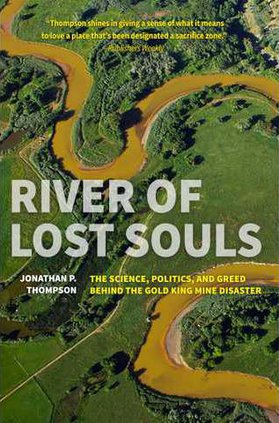ATLANTA — Georgia won't immediately enforce a new law that would make applicants for welfare pass a drug test before they can receive benefits.
Brian Robinson, spokesman for Gov. Nathan Deal, said Tuesday the governor still supports the law, but wants to hold off on implementation pending the outcome of legal action against similar legislation in Florida.
The Florida law took effect in July 2011 but was blocked by a federal judge in October. The ruling has been appealed to the 11th U.S. Circuit Court of Appeals.
Robinson said the state is trying to avoid needlessly wasting taxpayer dollars.
“The governor feels confident that the law in Florida, and therefore in Georgia, will be upheld,” Robinson said. “We plan to move forward on this as soon as we can, but we’re willing to wait a little bit longer on the federal courts. There’s just no need in us hopping in.”
The Republican-controlled Le0gislature passed the law this session, arguing that the state should ensure that welfare benefits are used for their intended purpose, not to subsidize drug use and associated criminal activity. Supporters also said the legislation would protect poor children and help addicted adults rebuild their lives.
Democrats blasted the law as an unfair burden on the poor, and opponents vowed early to challenge the law in court after it is put into practice.
Under the law, the state Department of Human Services must create a drug-testing program that would be paid for by welfare applicants unless they receive Medicaid. Applicants who test negative for drugs would be eligible for reimbursement.
Those who fail would be ineligible to receive benefits for a month. A second positive result would result in a three-month ineligibility period, and a third violation would ban someone from applying for a year. Any applicant who fails would not be eligible until they can pass a drug test.
The state would have to provide individuals who test positive with a list of substance-abuse treatment providers in their area, but does not have to provide or pay for treatment for those individuals. Test results cannot be used to prosecute people and must be destroyed in five years.
According to the language in the bill, there is no specific date attached for when the department must create guidelines for the drug testing program.
Courts have struck down similar laws in other states, but supporters in Georgia have said the law here would be upheld. Random drug testing is banned for constitutional reasons, but the U.S. Supreme Court has defined special exceptions to that rule, such as when a serious public need outweighs a person’s right to privacy. What qualifies as such an exception can be murky.
News law requiring drug testing for welfare recipients stalls


Sign up for our e-newsletters


